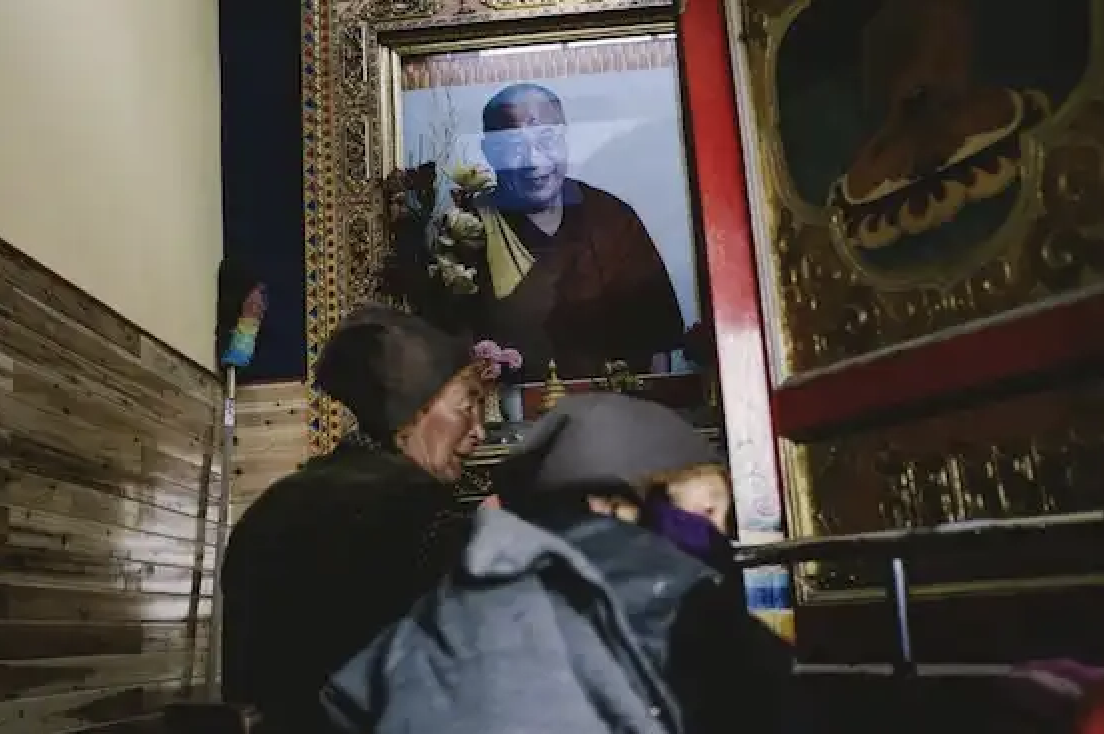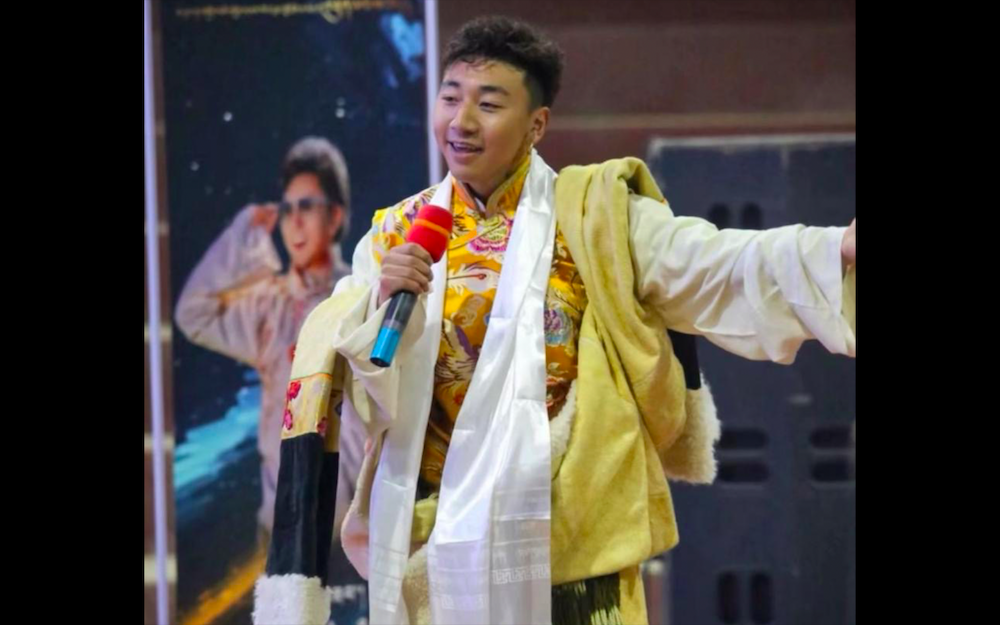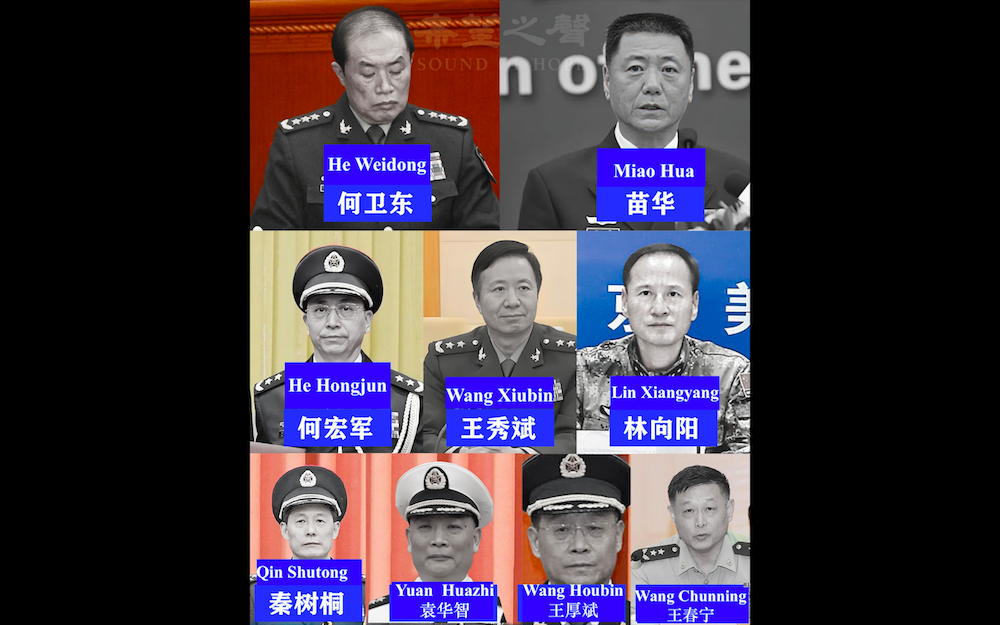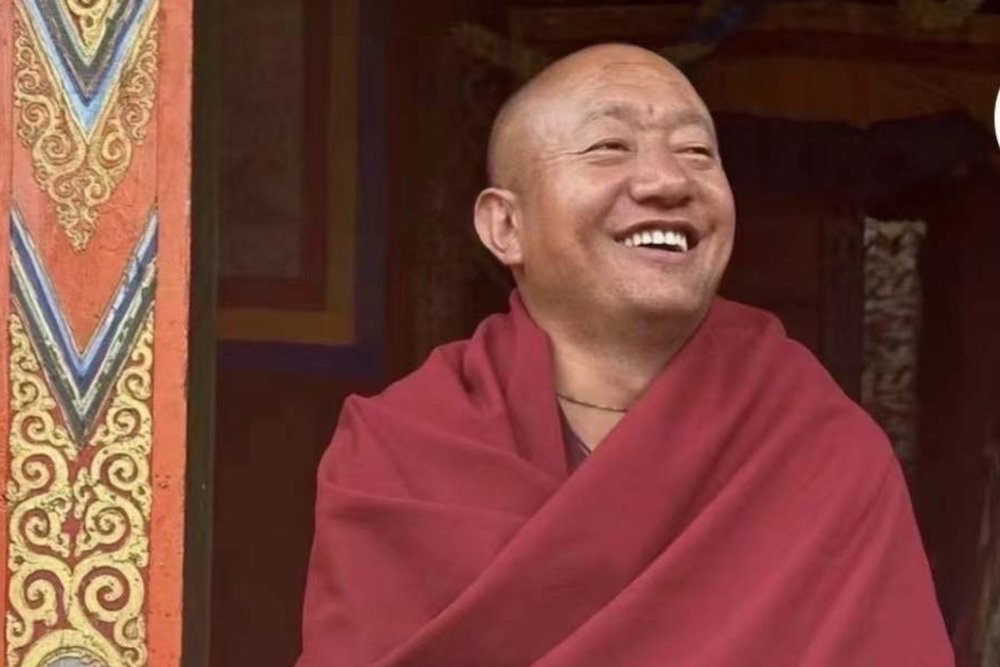By Phuntsok Yangchen
 DHARAMSHALA, August 26: Chinese authorities in the Tibet Autonomous Region have stepped up security in Tibetan capital Lhasa and nearby areas ahead of a nine – day annual Shoton festival that began on Monday, sources said. The government also has had placed the three major monastic universities of Tibet – Sera, Drepung and Ganden – under 24 hour surveillance.
DHARAMSHALA, August 26: Chinese authorities in the Tibet Autonomous Region have stepped up security in Tibetan capital Lhasa and nearby areas ahead of a nine – day annual Shoton festival that began on Monday, sources said. The government also has had placed the three major monastic universities of Tibet – Sera, Drepung and Ganden – under 24 hour surveillance.
The sources also said armed forces have been deployed across the city to clamp down on any protests by Tibetans who gather in huge numbers at Drepung monastery in the outskirts of the city to witness the unveiling of the giant image of Sakyamuni, founder of Buddhism on the hillside next to the monastery on the opening day of the Shoton festival.
 Shoton means yogurt banquet in the Tibetan language. The popular festival, originally a religious activity for pilgrims to serve yogurt to monks and nuns who finished their summer retreat, had gradually become a regular theatrical event by mid-17th century.
Shoton means yogurt banquet in the Tibetan language. The popular festival, originally a religious activity for pilgrims to serve yogurt to monks and nuns who finished their summer retreat, had gradually become a regular theatrical event by mid-17th century.
Also known as the Tibetan Opera Festival; in Tibet, it is held each year from the end of the sixth month to the middle of the seventh month on the Tibetan Lunar calendar.
However, in Tibet; such popular Tibetan festivals, which attract large Tibetan gatherings, are strictly monitored and controlled by Chinese authorities disturbing free celebration of the events. The Communist authorities remain suspicious of possible Tibetan demonstrations against decades of Chinese presence in Tibet.
In the late 1980s and early ’90s, Tibetans used the occasion of the Shoton festival to express their dissent against the Chinese regime and loyalty to the Dalai Lama. In 1993, four monks carrying Tibetan flags and shouting ‘Long live the Dalai Lama’ became the third group in five years to hold a peaceful protest at the Shoton festival. In 1990, 12 Tibetan nuns from Mechungri and Garu nunneries served long sentences in Drapchi prison (located in Lhasa) for taking part in a peaceful protest at the Norbulingka during the Shoton festival.









